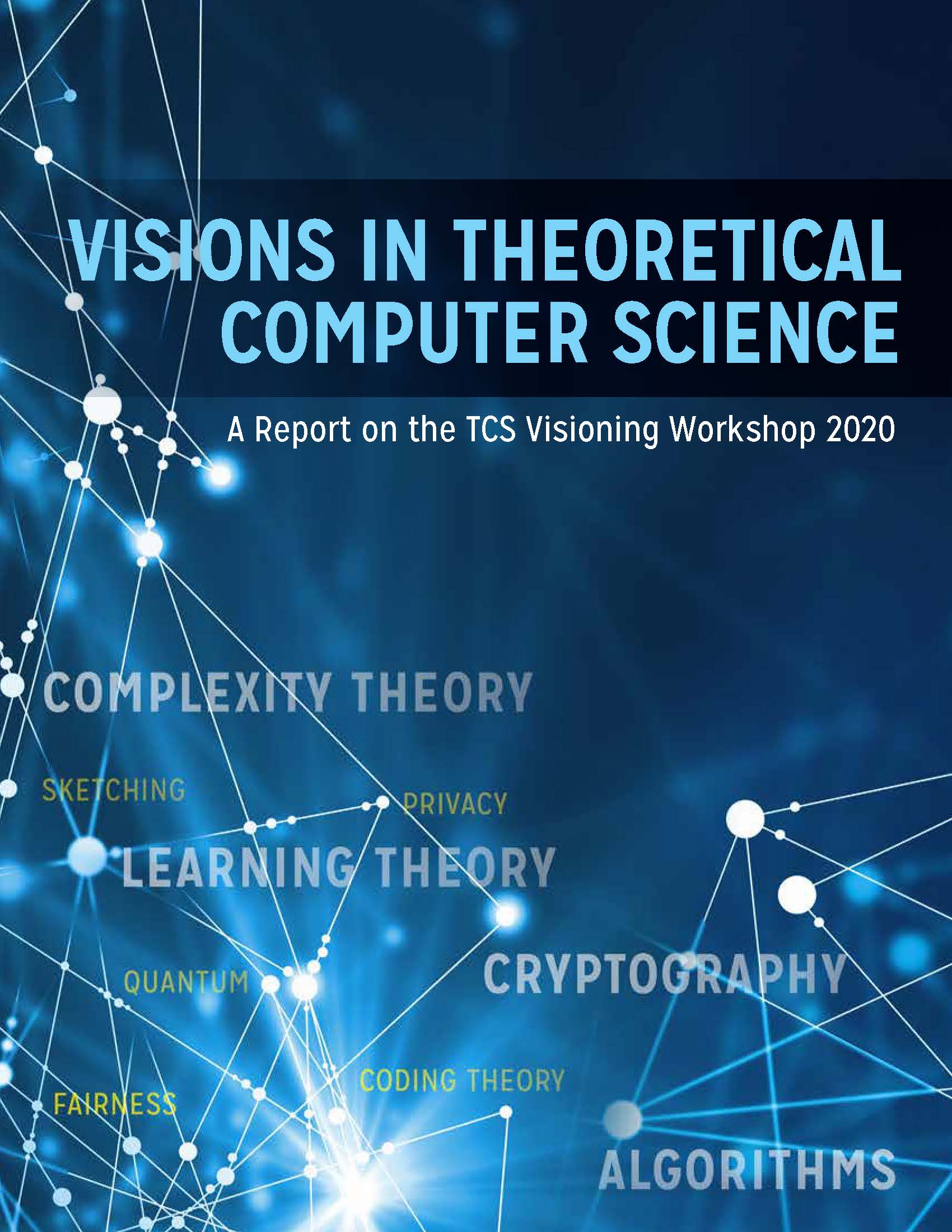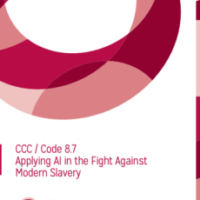Visions in Theoretical Computer Science Workshop Report: A Report on the TCS Visioning Workshop 2020
 Roughly every ten years the Theoretical Computer Science (TCS) community comes together for a visioning workshop to discuss recent accomplishments and new challenges in the field of TCS. The workshop acts as an opportunity for reflection within the community and a way of informing interested investors. The newly released Visions in Theoretical Computer Science Workshop Report, written by Shuchi Chawla (University of Wisconsin-Madison), Jelani Nelson (University of California, Berkeley), Chris Umans (California Institute of Technology), and David Woodruff (Carnegie Mellon University) and supported by the Computing Community Consortium, summarizes the key takeaways from the 2020 TCS Visioning Workshop.
Roughly every ten years the Theoretical Computer Science (TCS) community comes together for a visioning workshop to discuss recent accomplishments and new challenges in the field of TCS. The workshop acts as an opportunity for reflection within the community and a way of informing interested investors. The newly released Visions in Theoretical Computer Science Workshop Report, written by Shuchi Chawla (University of Wisconsin-Madison), Jelani Nelson (University of California, Berkeley), Chris Umans (California Institute of Technology), and David Woodruff (Carnegie Mellon University) and supported by the Computing Community Consortium, summarizes the key takeaways from the 2020 TCS Visioning Workshop.
Organized by the SIGACT Committee for the Advancement of Theoretical Computer Science, the July 2020 TCS Visioning Workshop was held online with over 70 participants. Participants spanned a broad range of areas within the discipline including data-driven algorithms, coding theory and communication, complexity theory, optimization, cryptography, foundations of machine learning and data science, sublinear algorithms, distributed computing, economics and computer science, fairness and social good, privacy, and quantum computing.
Participants were divided into four categories for a series of discussions: (1) models of computation; (2) foundations of data science; (3) cryptography; and (4) using theoretical computer science for other domains. Key takeaways from these discussions were synthesized and made into ‘nuggets’ each summarizing a particular point. The 2020 TCS Visioning Workshop Report is made up of 36 nuggets that identify the challenges, potential research directions, and progress in the TCS field over the past decade.
The goal of the report is to show that TCS is vital to the health and success of the field of computer science and technological progress as a whole. It calls for the robust support of the foundational work in TCS to enable unrestricted research and development in the field that will in turn allow for TCS to have the greatest possible impact on society and technology.
Please see the full report here.









